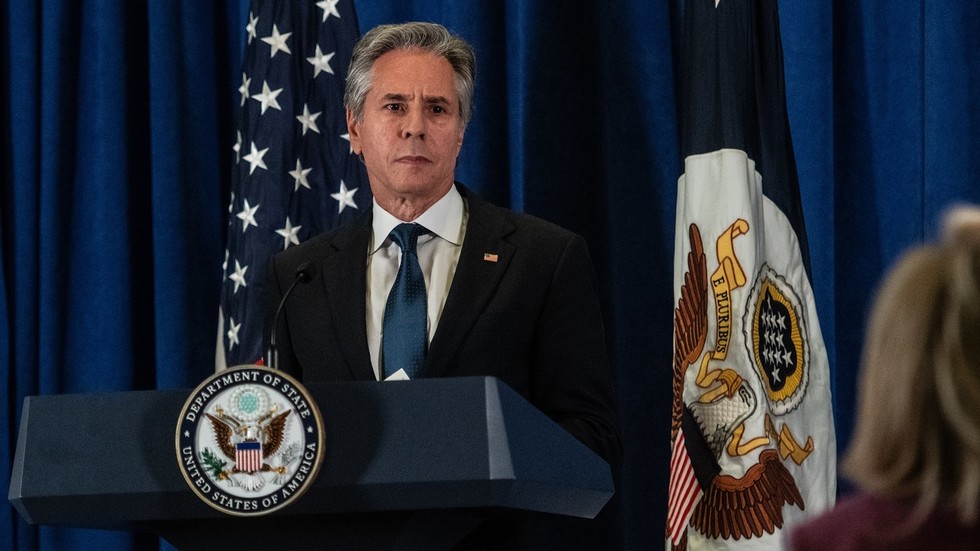
Luanda in Angola has been deemed the most expensive city in the world (Image: Getty)
Luanda in Angola has seen a lot of changes over the decades including decades-long civil war and the nation once being the second biggest producer of oil in Africa.
The United Nations classifies it as a resource-rich, lower-middle-income, food-deficit country with a population of over 35 million people.
Despite this low classification, the country is not cheap with residents having to splash out to live better, particularly for those in Luanda.
This massive African city, which has a population of around 9.6 million, is the economic, industrial, political, religious, and administrative centre of Angola with prices reaching eye watering levels.
As such, its high-end hotels and streets are filled with Porches and BMWs, a far cry from how its people live.

Oil production in Angola led to the country's economic boom (Image: Getty)
According to The East African, top hotels in Luanda charge between £192.31 ($250) and £ 373.08 ($485) per night.
YouTube’s Wendover Productions delved further into how this African city became one of the world’s most expensive.
According to the series, Angola was dismally behind the rest of the world in the 21st century but began regaining strength after burdensome security contractors and expensive hardship wages on oil production were removed after its civil war ended.
This meant Angola’s oil production grew far cheaper and easier with profiteers the world over jumping on the country’s wealth opportunity.

Hotels in Luanda now charge roughly ($250)and £373.08 ($485) per night (Image: Getty)
Invalid email
We use your sign-up to provide content in ways you've consented to and to improve our understanding of you. This may include adverts from us and 3rd parties based on our understanding. You can unsubscribe at any time. Read our Privacy Policy
This caused a tug of war between the likes of the US and China and in 2005, Angola’s post-war economy was kicked into high gear with the African country recording its highest jump in GDP.
Angola’s new position as an oil-producing giant was solidified when it joined the organisaiton of petroleum exporting countries which included Saudi Arabia, Iraq and the UAE, amongst others.
This caused Luanda’s skyline to dramatically change with high-end skyscrapers, with modern and high-end apartments and five star hotels scattered throughout.
Angola became one of the fastest changing and developing countries in the world taking it from “civil war to helipad-laden $10 million penthouse apartments in less than a decade".
But despite this oil-driven economic boom, Angola, particularly Luanda, suffered with a high cost of living with inflated prices for services and housing.
Everyday life for the average Angolan was a far less cry of luxury despite its growing wealth. Angolans were still impoverished with the UN reporting that more than half of Angolans lived on less than £1.65 ($2.15) a day.
The wealth disparity is not only evident among its residents as ETIC Journal, which owns ETIC hotels, ranked Luanda as the most expensive city in the world for expatriates.
One Portuguese national who ran a hotel business in Luanda, spoke to The East African and said: "There are cities where money has a lot of value, but here in Luanda it seems that money loses its worth every day."

 1 month ago
10
1 month ago
10









 English (US) ·
English (US) ·